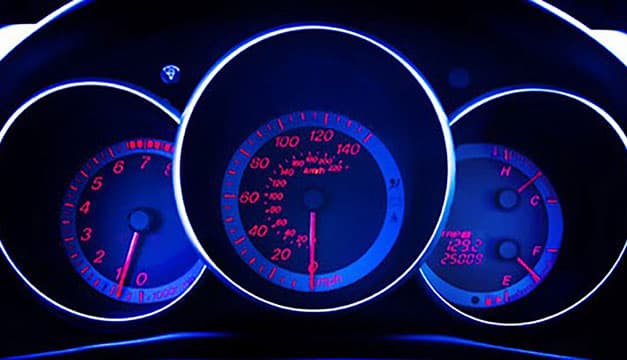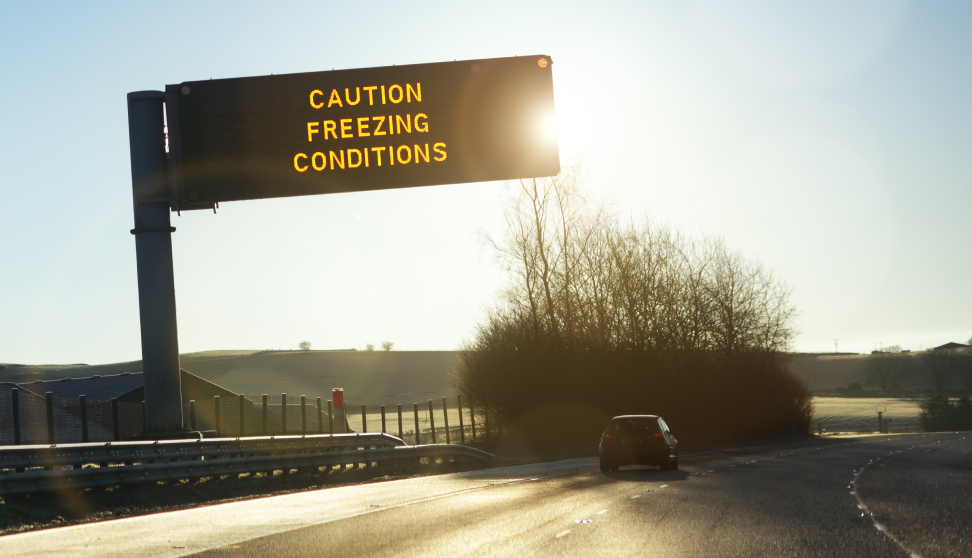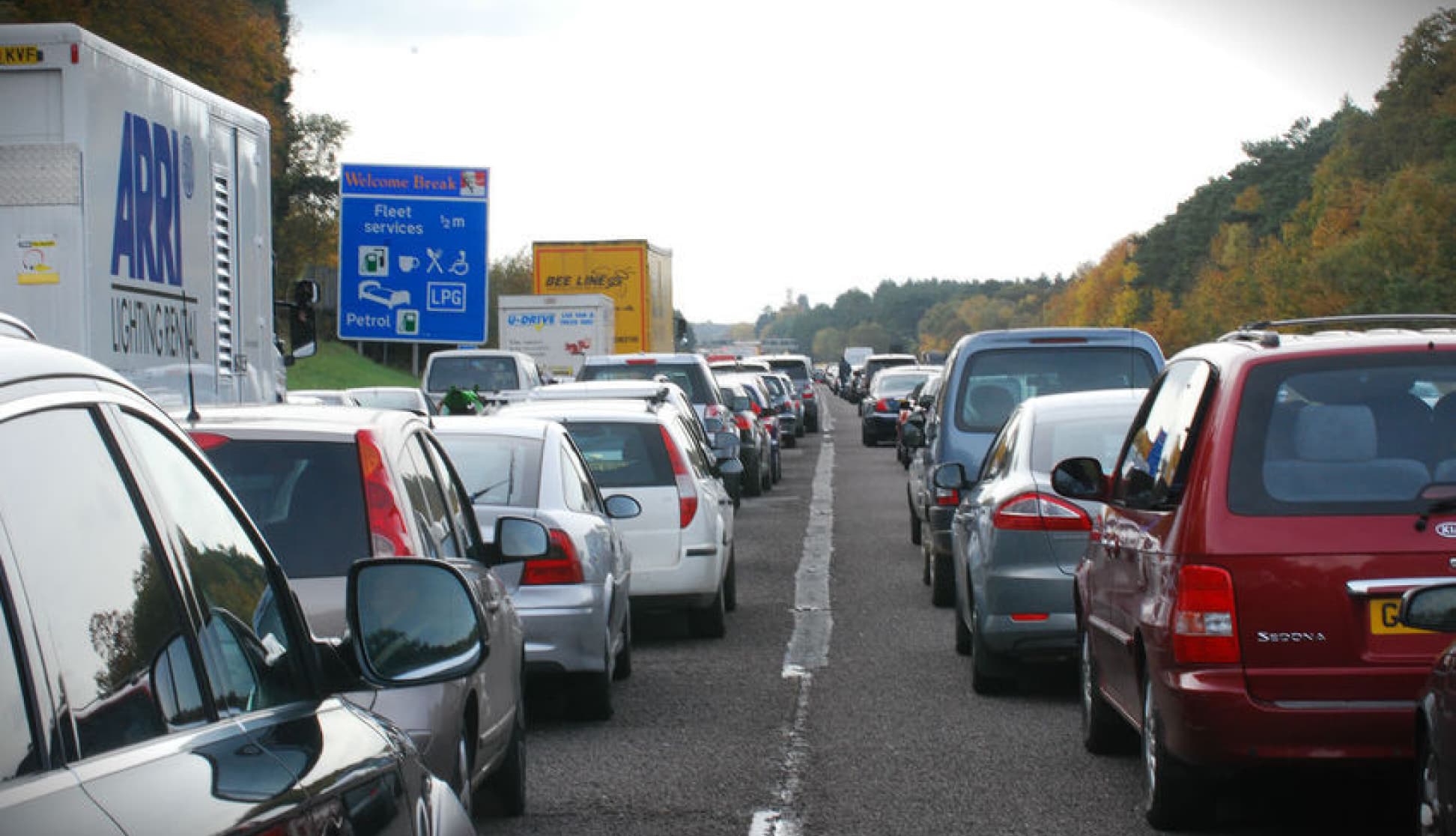A speed limiter is used to limit the top speed of a vehicle. There are several vehicles for which it is a statutory requirement to enable a speed limiter, such as mopeds, heavy goods vehicles and public service vehicles.
Most vehicles will have a sticker attached to the rear bumper informing other drivers of the speed limiter in order to prevent tailgating.
Some companies see a benefit to limiting the speed of commercial vehicles within their fleet.
What are the benefits?
Reduced fuel bills
According to research from Cobra, vehicles burn 25% more fuel at 80mph than when travelling at 70mph. Reducing the speed vehicles can reach can save you money on your fuel costs as well as benefit the environment.
Reduced maintenance costs
Tyres, engines and other parts will have less wear if they are always limited to a lower speed, therefore reducing the need for replacement and the cost that implements.
Reduced insurance premiums
Some insurance companies will apply a reduced premium for a vehicle fitted with a speed limiter due to the fact it is less likely to be involved in an accident.
Reduced risk of accidents
Although you can’t anticipate other drivers on the road, a vehicle fitted with a speed limiter is less likely to be in an accident, particularly a high impact, high-speed accident.
Reduce the risk to company reputation
Drivers aren’t tempted to flout speed restrictions so won’t be prosecuted for speeding. This is particularly true for vehicles in a fleet with company livery, members of the public or potential customers won’t see your branded vehicle speeding if it is limited to within national speed limits.



